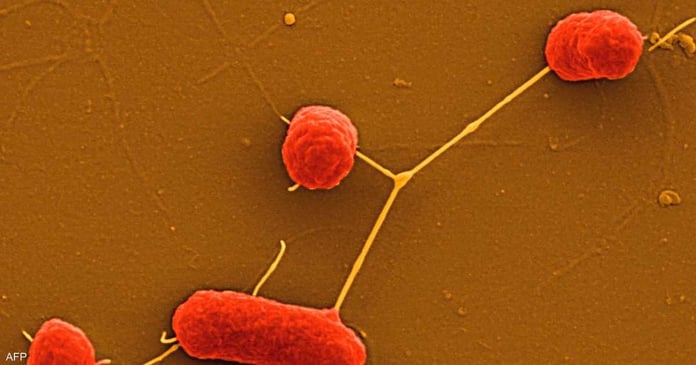“These bacteria usually live on leaves or in the soil,” said the study’s lead author, Florent Rossi, according to Agence France-Presse.
“We discovered that the wind carried them through the atmosphere, and that they could travel long distances and cross the globe at high altitudes thanks to the clouds,” the agency quoted Rossi as saying.
A number of researchers from Université Laval in Quebec and Université Clermont Auvergne took samples using high-speed “vacuum cleaners” from the clouds forming over the Puy de Dôme, an extinct volcano in central France, between September 2019 and October 2021.
From a research station 1,465 meters above sea level, scientists analyzed these samples for antibiotic resistance genes.
They found that the clouds contained between 330 and over 33,000 bacteria per milliliter of water, with an average of around 8,000 bacteria per milliliter. A total of 29 antibiotic resistance gene subtypes have been identified in bacteria.
And with the widespread use of antibiotics in health care and agriculture, this type of bacteria represents a “major global health challenge”, according to the study.
World health authorities have repeatedly pointed out the dangers of this bacterium, which increasingly complicates the treatment of certain types of diseases.
However, the study, which was published in the March issue of the journal ‘Science of the Total Environment’, did not draw any conclusions regarding the potential health effects recorded for the spread of bacteria carrying disease-resistant genes. antibiotics in the atmosphere, noting that only 5 to 50% of these organisms It can be alive and potentially active.
“The atmosphere is very harsh on bacteria,” Rossi said, adding that most of the bacteria we detected were environmental “and unlikely to be harmful to humans.”
Read the Latest World News Today on The Eastern Herald.


